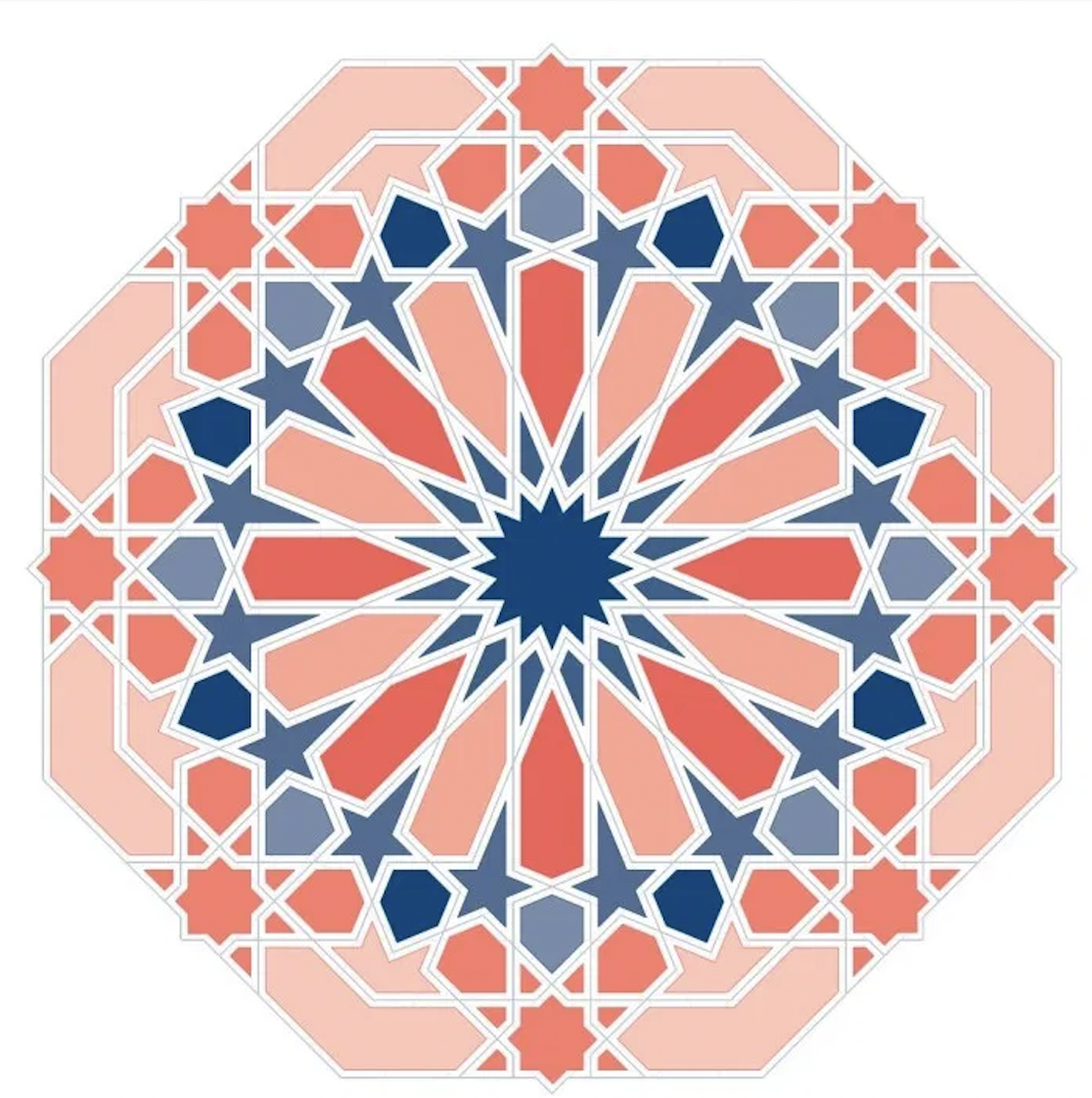Review: What is anti racism and why it means anti capitalism by Arun Kundnani
This book takes a hard look at the prevalent racism and systemic oppression in the west.
Arun Kundnani is clear that tackling racism and structural racism is not about increasing workplace training or trying to change individual behaviours – it’s about changing social and political structures.
“If racism is structural, it cannot be dismantled by setting out to change individual mindsets.”
The fight against racism has become more outwardly about celebrating diversity. Kundnani connects this to the work of Franz Fanon who believed that the celebration of cultural diversity can be part of the way that structural racism maintains itself. There is a “respect for the traditions, the cultural peculiarities, the personality, of the enslaved peoples,“ so long as these cultures are represented in a “mummified“ way. The aim is to “objectivate, encapsule, imprison and encyst“ these cultures, render them inert and incapable of living and breathing, so that they cannot pose a political threat.”
These veneers are just there for show and to give a false perception of progress. And this is shown up also in the rigidity of which cultural diversity is celebrated. “Transformation will not come from cultivating an authentic relationship to a fixed idea of African or Asian cultures but from a “total and absolute” struggle to build new political structures enabling an entirely new cultural life.”
Timely for Islamophobia Awareness Month is where Arun talks about the ‘war on terror’. The war on terror wasn’t just to prevent terrorism “but to bring about cultural change among Muslims around the world.” This was to basically remove the Muslimness and try to impose western values
Their argument carries a terrifying implication “that the cultural problems in Islam are so deeply embedded that they can only be resolved through the kind of industrial violence that destroys over a million lives. Anti-Muslim racism is therefore indispensable to the War on Terror.”
The contradictory rhetoric and hypocrisy is that the west can show Muslims as culturally problematic and extremist – but when the west goes in and kills people - it is rational, liberal, and in response to Muslim ‘barbaric’ behaviour.
Unification in struggle against colonialism
Jamil Abdullah Al Amin was a Black Americanleader formerly named H. Rap Brown - Leaders like Amin thought along these lines: “their argument was not that Black people in the US should go it alone, but that they should build solidarity with the majority of humanity – the people of the Third World, with whom they shared a common struggle against colonialism. This was not a divisive separatism but an internationalist, and therefore, universalist, politics.“
The messsge was clear - different struggles need to unite. “Unity has to be made in the struggle, not assumed in the abstract.”

